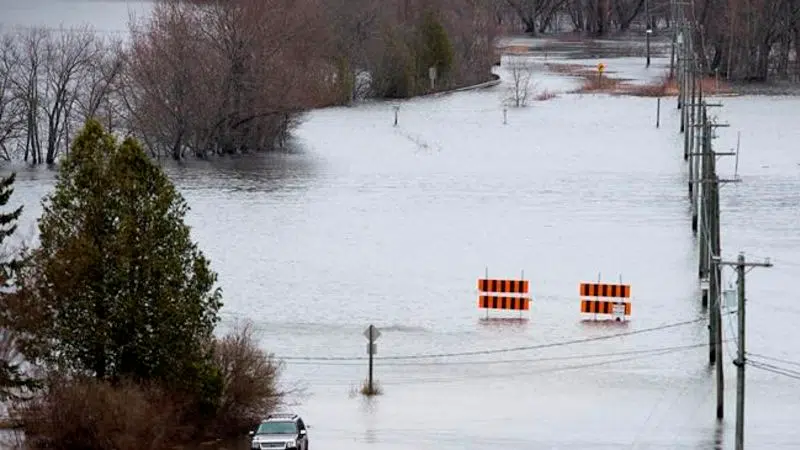
New Brunswick begins talks with Ottawa on funds for flood relief and mitigation
FREDERICTON — The premier of New Brunswick says discussions are underway with the federal government to provide financial relief to homeowners affected by this year’s spring flood.
Blaine Higgs met with the federal finance minister Wednesday morning and said Bill Morneau was receptive to what’s needed for flooding relief and future mitigation.
Higgs said the amount of assistance has not been determined, but the government will provide advance funds to allow people to begin repairs right away.
